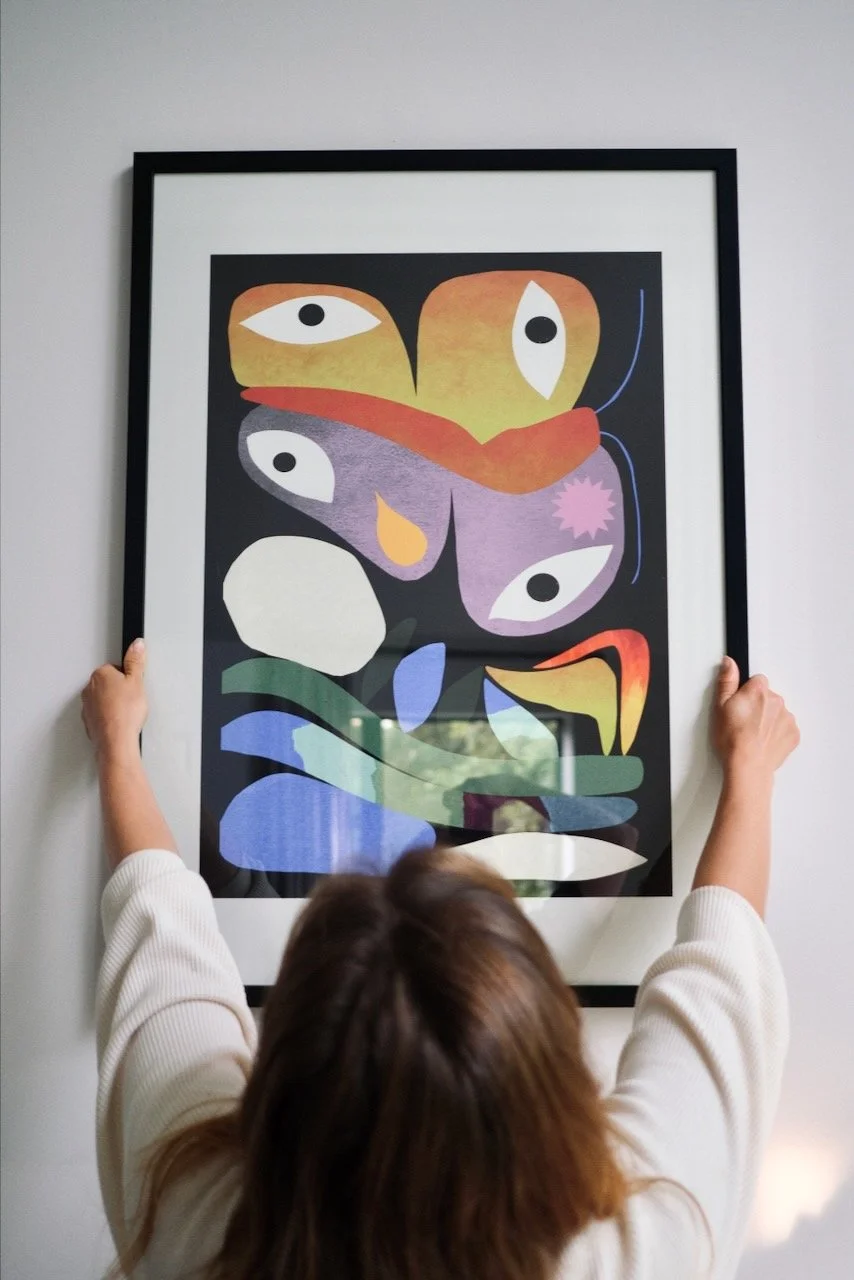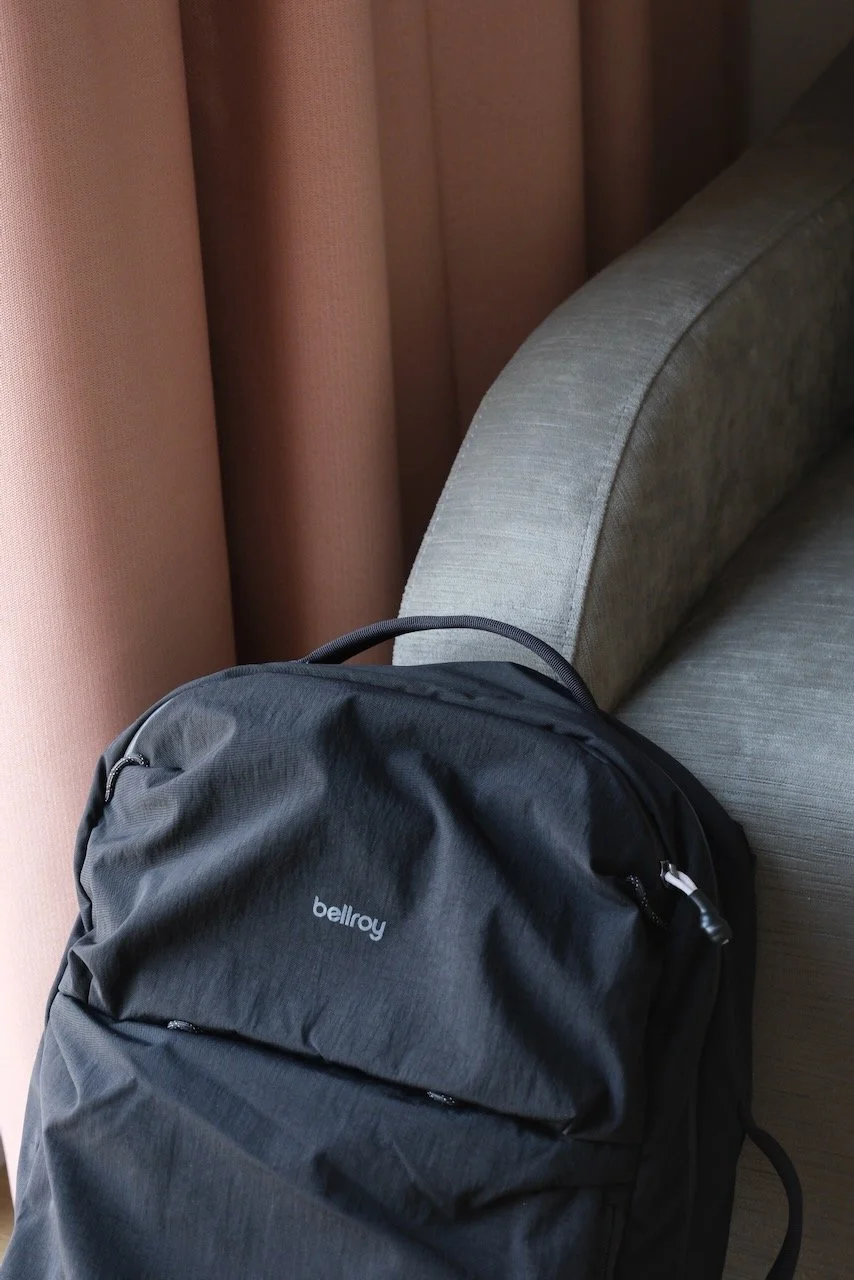How Sustainable Brands Can Use Lifestyle Photography to Build Trust
For sustainable and ethical brands, trust is everything. In 2025, consumers are more discerning than ever. They want to know not only what you sell, but also how it’s made, who makes it, and why it matters. Lifestyle photography is one of the most powerful tools a sustainable brand can use to communicate values, build credibility, and connect emotionally with conscious audiences.
Why Trust is Critical for Sustainable Brands
Greenwashing fatigue. Consumers are wary of empty sustainability claims. They expect proof.
Purchasing with purpose. 75% of Gen Z say sustainability influences their buying decisions.
Competition is fierce. Ethical fashion, natural skincare, and wellness brands are booming — but so is scepticism. Brands that show authenticity will stand out.
The Role of Lifestyle Photography
Lifestyle photography goes beyond simple product shots. It places your products in real-life contexts, showing not just what they are, but how they’re used, where they belong, and what values they represent.
For sustainable brands, this means:
Showcasing materials and processes — highlighting quality, craft, and transparency.
Placing products in natural backdrops — hotels, retreats, city guides, or homes that reflect conscious living.
Highlighting people and communities — the makers, the wearers, the lifestyle around your product.
Creating aspirational narratives — aligning your brand with slow living, design, travel, and wellness.
Why Lifestyle Photography Builds Trust
Authenticity
Consumers connect with brands that show real stories and real people.
Images that show imperfections, textures, and natural settings feel believable.
Transparency
Behind-the-scenes photography of workshops, processes, or natural materials builds credibility.
Community
Featuring products alongside independent cafés, hotels, and cultural spaces builds an ecosystem of trust.
Aspirational but grounded
Lifestyle-led imagery positions your product as both desirable and responsible — aspirational but not elitist.
Where Sustainable Brands Should Use Lifestyle Photography
Websites and e-commerce platforms — product galleries that show both product and context.
Social-first campaigns — Instagram, TikTok, Pinterest, and YouTube Shorts.
Editorial features and PR — press outlets want high-quality lifestyle images.
Brand films and guides — photography supports video storytelling across multiple platforms.
Partnership campaigns — products featured in travel guides, hotels, and wellness retreats (like those produced by Compendia).
FAQ: Lifestyle Photography for Sustainable Brands
Why is lifestyle photography better than simple product shots?
Because lifestyle photography shows how products fit into real lives. For sustainable brands, it’s about selling values, not just items.
How do you keep photography authentic, not staged?
We shoot in real spaces — hotels, cafés, retreats, workshops — so products are part of a lived environment, not a studio setup.
What industries benefit most?
Ethical fashion and clothing brands
Luggage and travel gear companies
Sustainable toiletries and amenities
Wellness and lifestyle brands
Can photography support CSR or partnerships?
Yes — by placing products in community-driven campaigns, brands can show not just what they sell, but what they support.
How much does it cost?
Lifestyle photography packages typically start from £750/day, scaling based on deliverables and campaign needs.
Final Thoughts
For sustainable brands, lifestyle photography is more than marketing. It’s about creating imagery that communicates authenticity, transparency, and aspiration. Done well, it builds long-term trust and loyalty in a market where consumers are more critical than ever.
At Co Studio, we specialise in photography and brand films for sustainable, design-led brands. We don’t just capture products — we place them in authentic contexts, from travel guides to wellness retreats, amplifying stories through our media platform Compendia.
👉 Want to build trust with conscious audiences? Start a Project with Co Studio



